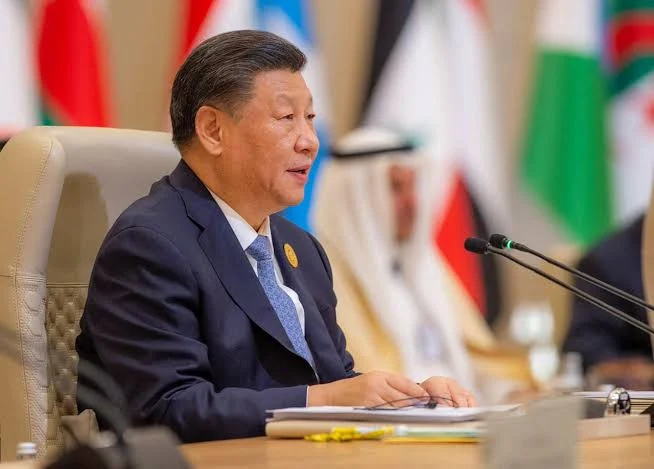In a recent development, the People’s Republic of China has issued a notice that has sent shockwaves through the tech world. This notice orders officials at central government agencies to refrain from using Apple’s iPhones. The ban extends beyond the workplace, affecting Chinese government employees even in their personal use of iPhones.
This decision comes at a crucial time, just before Apple’s highly anticipated September event named “Wanderlust.” China, being one of Apple’s most significant markets, accounts for nearly one-fifth of its revenue. In this blog post, we’ll delve into the reasons behind this ban and its potential implications.
Why Chinese Government Ban Employees from using iPhone?
1. Rising Tensions and Self-Reliance:
China’s move to restrict iPhone usage among government employees is not entirely new. It builds upon previous restrictions imposed on some agencies. However, the latest directive aims to expand the ban to a broader range of government workers. This decision aligns with China’s recent efforts to reduce its reliance on foreign technology, especially amid rising tensions with the United States.
 |
| Chinese authority calls for tech self-reliance amid U.S. tension |
Tensions between China and the United States have led to export controls on various Chinese firms and industries, resulting in China’s desire to decrease its dependence on tech imports. The U.S. restrictions have played a significant role in China’s pursuit of self-reliance, prompting Beijing to explore alternatives and prune the use of foreign technology.
2. Data Security and Privacy Measures:
The Chinese government’s move to tighten data security and privacy measures is another factor contributing to this iPhone ban. As the state focuses on enhancing these aspects, more regulations governing digital activities are expected in the near future.
3. International Comparisons:
It’s worth noting that China’s decision to restrict iPhone usage by government employees mirrors similar bans enacted by the United States against Chinese smartphone maker Huawei and the short video platform TikTok, owned by China’s ByteDance. These bans have been part of a broader global technology battle between the two economic giants.
Related Article: Apple iPhone 15 Rumors.
TikTok’s Compliance and Data Security
While discussing technology restrictions, it’s important to highlight TikTok’s efforts to address concerns. TikTok has complied with European Union regulations by migrating European users’ data to its first local data center in Ireland. Furthermore, the platform is in the process of constructing another data center in Norway to bolster data security and localization efforts.
To further enhance its data controls and protections, TikTok has enlisted the services of the NCC Group, an information assurance firm based in the UK. The NCC Group will audit TikTok’s data controls, monitor data flows, and provide independent verification, demonstrating TikTok’s commitment to data security and privacy.
Conclusion:
China’s decision to ban iPhones among government employees underscores its determination to achieve self-reliance in technology and strengthen data security measures. This move carries implications not only for Apple but also for the broader tech industry, as it reflects the ongoing technology rivalry between major global players. As we await the “Wanderlust” event, all eyes will be on how this ban may impact Apple’s presence and performance in one of its largest markets.

